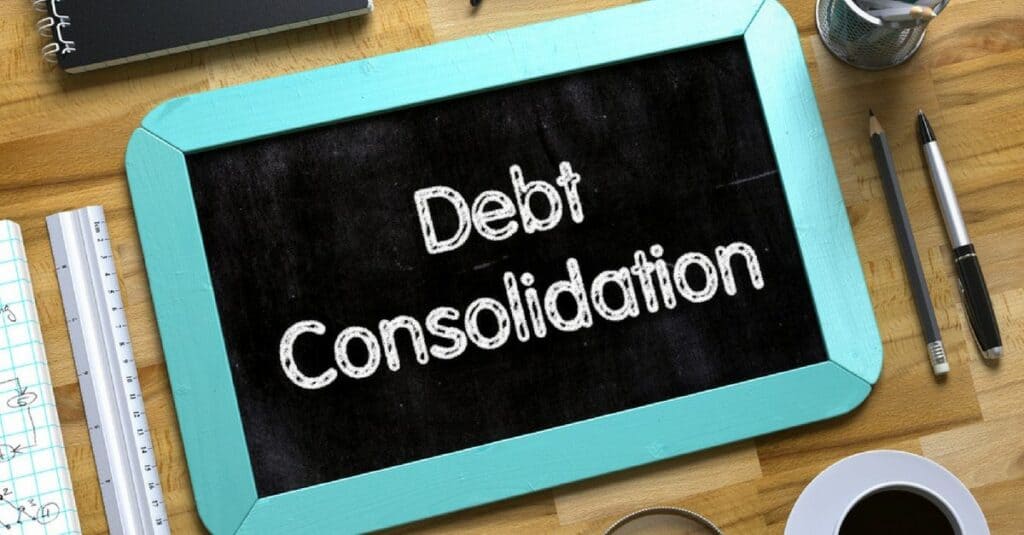Should I Consolidate My Debt?
Welcome to another Badger Blog Post. This week we’ll be looking at what is debt consolidation and whether or not it’s a good thing for you.
To begin with, let’s define exactly what debt consolidation is. Debt consolidation is the act of merging your existing debt together into one place. Or put another way, making several forms of credit (loans, credit cards, store cards) into one loan. This is for the purposes of reducing your repayments and repaying your debts.
Not to be confused with, though it often is, debt management. This is the act of pulling all your debts together to negotiate with your creditors. This is done in order to make more affordable, reduced repayments and to write off a portion of the debt.
Therefore, the first thing you should do is decide which route is best for you – take on another loan which comes with more interest and a larger amount to be repaid. The flip side is the monthly repayments should now be lower if you’ve taken advantage of a lower interest rate. Or do you negotiate with your creditors to get some of the debt written off plus the added possibility of having reduced payments.
If you are uncertain which avenue is best for you, have a look here on the debt charity Stepchange’s websitewhich gives good advice on choosing which option.
Choosing The Right Loan
For our purposes let’s assume you’ve chosen to go down the road of debt consolidation. What happens next? Remember that all loans are essentially the same. Whether secured against a propertyor unsecured and therefore not secured against anything the only difference between them is the rate, the term and the amount.
Historically consolidation loans were viewed by lenders as being on the riskier end of the spectrum. This is because of the inherent implication that someone who needs to consolidate their debt may not be very good at budgeting their money from month to month.
This could mean the rate you are charged may be slightly higher than what you may expect from a brand new one-off loan. More risk equals higher rates equals higher payments.
This is the trap unwary consumers fall into. It could mean you end up with just the one loan but paying more for it than you were for your previous 4 loans. Not good. Therefore always check to make certain your new payment will be less than the total of your previous payments.
How To Find a Lender
Finding a lender to give you a consolidation loan should be one of the simpler items on your to do list. There’s a plethora of lendersout there all vying to help you bring all those loans into one basket. You shouldn’t do a search for anyone specifically advertising for debt consolidation loans because your choice is wider than that.
Nearly all personal loanlenders will have a series of options on their application form asking you what the loan is for. Debt consolidation will be one of those choices. Rather than opting for an advertised rate, try picking from a lender who offers it as part of their overall package of products. You may get a better rate. Consolidation loans haven’t always been looked on favourably by lenders so any advertised products may come with a higher rate. It doesn’t always work but may be worth a try.
That’s it for consolidation loans. We hope you found this interesting and have found something worth taking away. Until the next time.
Looking for something different? – try these.





